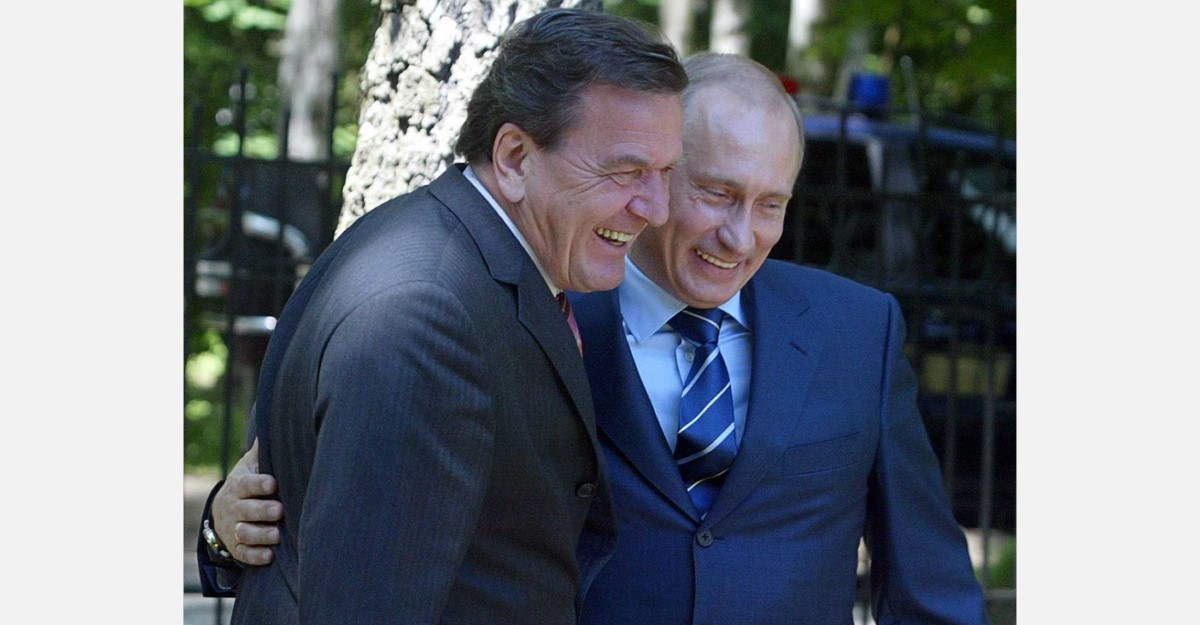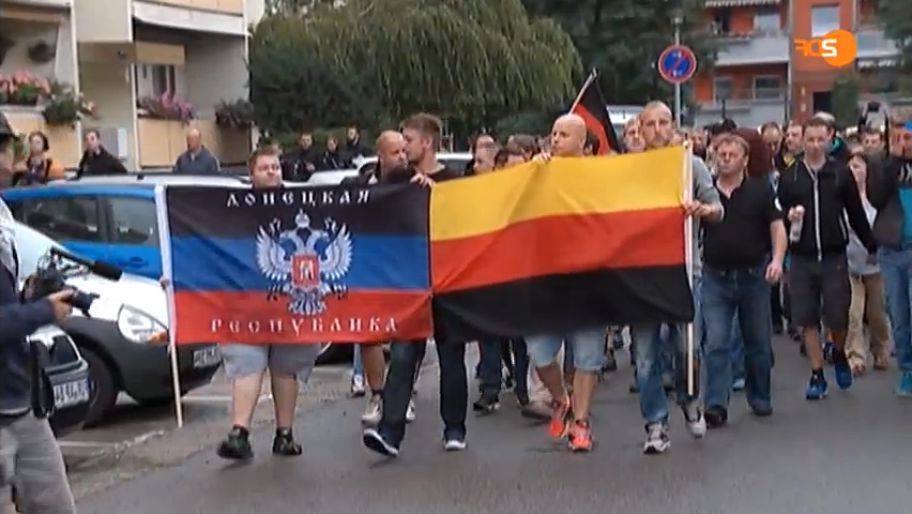Vladimir Putin has achieved major success in reaching out to far right parties in Europe, a development that has attracted particular attention because of its unexpected nature; but his success in expanding ties with far left parties there has received far less attention, even though it has been in many ways at least as successful and consequential.
In a new paper entitled “Russia and the European Far Left,” Peter Kreko, the director of the Budapest Political Capital Research and Consulting Institute, and Lorant Gyori, a social sciences graduate student at Eotvos Lorand University, provide a useful corrective.
They point out that the 2008 financial crisis and the austerity policies of most European states energized not just the right, which played to xenophobic themes, but also the far left which took a stand against austerity as such. And they note that the radical left has been “much more willing and able to cooperate across national borders” on the basis of its ideological program “than is the far right.”
“The current far left in Europe,” the two say, “is the product of two decades of careful evolution. After the collapse of the USSR, the mainstream of the European radical left, with some notable exceptions … made a strategic turn to the new left,” abandoning Marxism-Leninism, promoting ecological activism, and organizing at the grassroots level.
During the 1990s, they continue, there was “a weakening of ties” between these parties and Moscow, but “that trend began to be reversed in the 2000s as the Putin regime looked to re-establish some of the pre-existing connections with the ‘new,’ politically emerging and competitive socialist left in Europe and beyond.”
Putin was prepared to develop these links especially as the ability of the domestic communists to challenge his rule waned, and clearly, the Hungarian scholars say, his effort to develop ties with the left as well as the right was “driven by pragmatism rather than ideology,” one that was stronger the more internationally isolated the Kremlin leader felt himself to be.
For many on the far left, “the annexation of Crimea … proved to be a turning point, leading to a striking display by some far-left groups of their allegiance to the Kremlin.” And as with the far right, the far-left parties were prepared to support Moscow “not only with words” but also with votes in various European institutions.
“The far-right parties’ pro-Russian stance is easy to explain on ideological grounds,” the two write. But “it is more difficult to understand why radical left parties with a secular, egalitarian and pacifist ideology admire a ‘post-communist neo-conservative’ system that is showing strong authoritarian and chauvinist tendencies, emphasizing the role of religion” and so on.
But there are five reasons why the radical left in Europe has done so for ideological reasons, the two Hungarian writers say:
- “the remnants of historic ‘comrade’ networks between communist parties and the Soviet Union,”
- the emergence of “new international far-left organizational structures,”
- the notion that the enemy of my enemy is my friend,
- Russia’s controlled economy which promises to limit “’big capital,’” and
- the Kremlin’s successful disinformation campaigns about Ukraine.
Significantly, “most of the leftist parties we observed,” the two continue, “rarely praise President Putin or his regime openly.” Instead, they support what Russia is doing in terms of stopping Western “’aggression’” or in the name of equal treatment of Russia compared to the United States. And they draw on the “anti-fascist” rhetoric that Moscow’s propaganda effort promotes.
Western countries need to recognize this development as a threat because many of these “’comrade networks’” between the European far left and Moscow have “both a diplomatic and a secret service dimension, which are alive and well” and which pose a security threat. And these countries need to actively oppose the arguments of the far left lest Moscow’s influence grow because of its actions.
Related:
- Kremlin said organizing military units in Germany, other Western countries
- Book details Kremlin’s influence networks in France
- Putin, in reaching out to the far right in Europe, has not forgotten the left
- Moscow creating ‘new Comintern’ spy network in Europe, Prague says
- French writer comments on France’s newest “useful idiot”
- Moscow now emphasizing subversion over direct aggression in Ukraine, Kyiv analyst says
- Fancy a frack? How the UK Greens got into bed with Putin
- Russian hybrid warfare: what are effects-based network operations and how to counteract them





